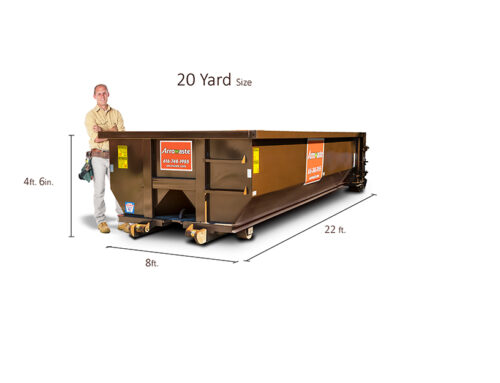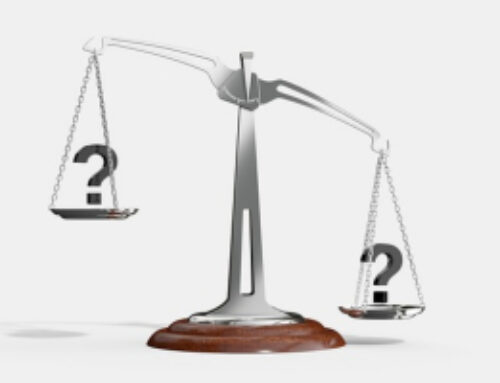Garbage is everywhere. In a single lifetime, the average American will throw away 600 times the amount of his or her adult weight in garbage. So it comes as no surprise that everywhere we look, there’s trash or yard waste or garbage bins around us.
But not all trash is bad trash. Take organic matter, like fruit or vegetables, for example. Their peels, skins, and seeds don’t have to clog up our landfills — it is easy to turn these organic items into fertilizer via a compost system that will make your yard look beautiful and healthy. Interestingly enough, recycling your fruit and vegetables isn’t all that goes into composting. So here we have created an easy how-to guide to DIY composting.
Here’s what every beginner should know.
First things first, what exactly is a compost?
Simply put, composting is when you take your kitchen scraps and other types of organic matter to create an incredibly beneficial soil additive. In effect, you’re creating DIY fertilizer. By speeding up the organic materials’ natural decomposition process, you can create compost that can benefit your family. Think of it this way: if it can decompose in a landfill, or decompose in your home for free, why wouldn’t you want to compost?
So how do I do it?
All you need to do is pick an area outside that has clean soil underneath it (no debris, leaves, or twigs) and choose a place you can easily place a compost bin. The area should be out of direct sunlight but at least get a couple hours of sunshine every day.
What do I put in it?
There are plenty of things you can put in your new compost bin. They include:
- Vegetable peels and fruit trimmings
- Bread crusts
- Egg and nut shells
- Coffee grounds and tea bags
- Cardboard
- Napkins
- Lint
- Expired juice
- Pasta
Is there anything that I can’t put in it?
Yes, simply because the temperature in the compost bin won’t be able to kill the bacteria in the following items:
- Dairy products
- Bones and meat
- Anything with oil in it — cooking oil or vegetable oil
- Weeds
What do I do after everything is all together?
Place everything in the bin, sprinkle some water on it, and then mix everything all together. The more you mix, the more you will speed up the decomposition process. After a few weeks of doing this, your recycling efforts will come full circle and your fertilizer will be ready to use.
So try out composting, and let us know how you like it!



